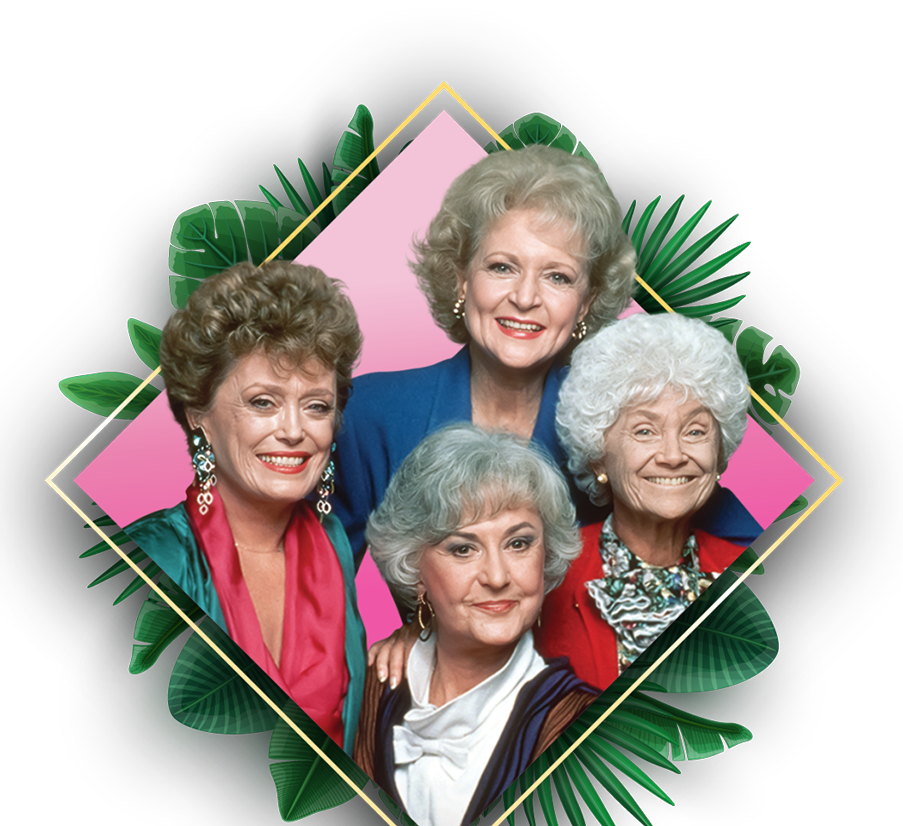Art Carney hated ''the second banana business''
Gleason and Carney were decidedly not on equal footing.

A good team is hard to come by. In any profession, you'd be hard-pressed to find people equally willing to share the workload and the credit. It just doesn't happen. In most businesses, there's a hierarchy, where a strict line of command dictates what will be credited to whom. Tons of great ideas get handed up the chain, where someone with a bigger office can claim them.
But comedy is an industry that values the best idea, regardless of who thought it up. So, more than in a formal business setting, comedy welcomes collaboration. Most TV comedies are written by entire rooms full of people, each voicing ideas that get punched up and re-hashed. Even in performance, comedy thrives in alliances. The Three Stooges wouldn't be remembered today had there only been one stooge. Abbott and Costello were great comedic actors, but each was better for having the other as a foil. Laurel and Hardy, Martin and Lewis, even Hope and Crosby were at their best when they were paired. No matter how contentious the relationship may be, there's no arguing that most of these teams were more well-rounded than some solo act.
It might be tempting to see Jackie Gleason and Art Carney as a comedy duo. As blue-collar neighbors, Ralph Kramden and Ed Norton, Gleason and Carney created many of the most iconic moments of early TV together. The Honeymooners is well-remembered for many reasons, but the dynamic between its two male leads was one of the most important.
However, there was no equal billing on The Honeymooners. The whole thing was Gleason's. This was not a partnership, but a star and a second banana.
"I always hated the second banana business and wanted to get away from it," Carney admitted in the 1992 biography The Great One: The Life and Legend of Jackie Gleason.
"He was the boss, and I never said or did anything to challenge him as the boss, and we got along fine."
However, while Gleason's ego took center stage (and the biggest paycheck), Carney allowed his boss to be generous in front of an audience.
"He was the only star I ever worked with who said, 'Go for more.' If you got a laugh, that was fine. If you got two laughs, that was better. He didn't worry about me upstaging him or showing him up — although when it came to being spontaneously funny, he was pretty damn fast on his feet, let me tell you."






































